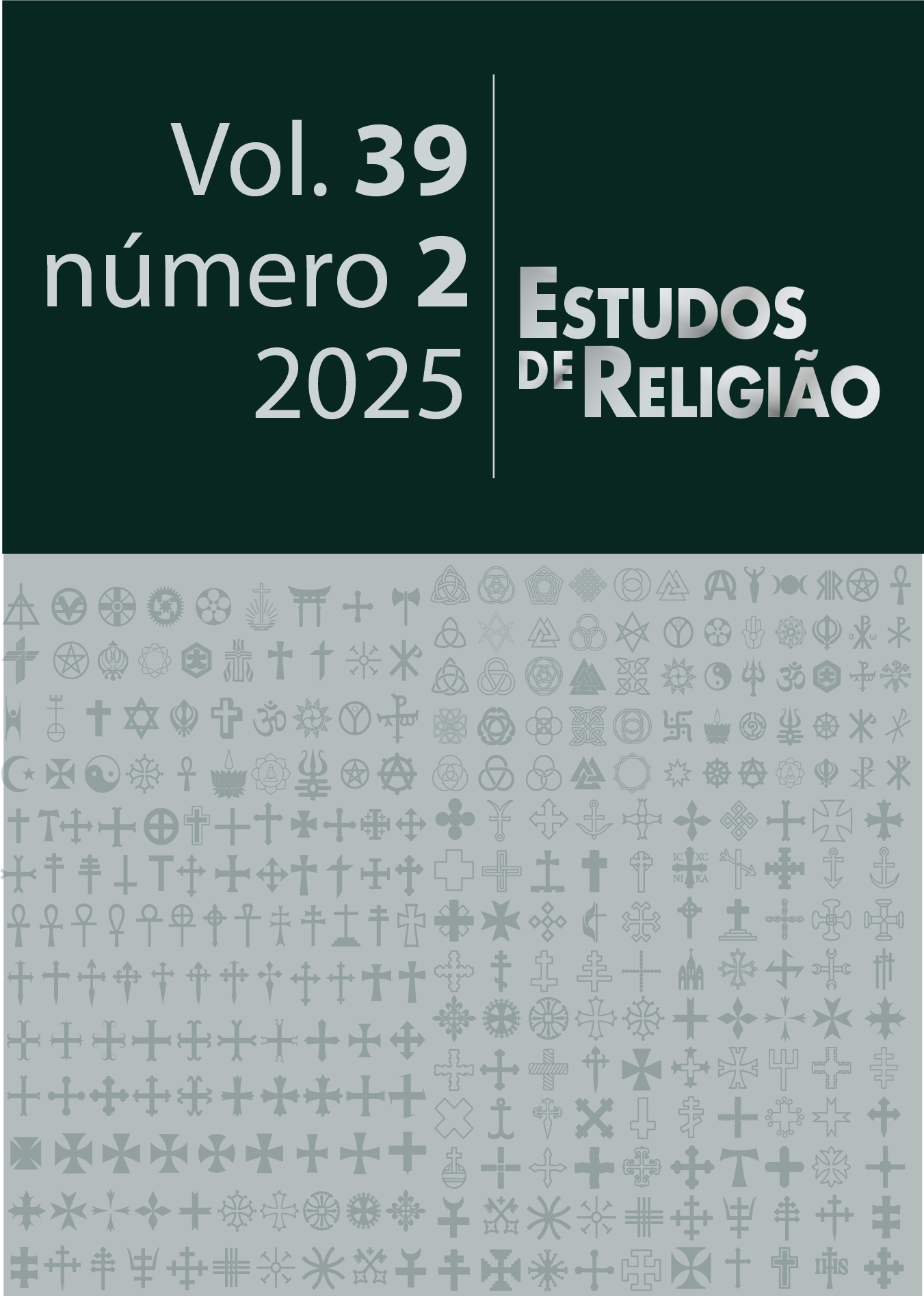O PLANO DE PASTORAL DE CONJUNTO DA CNBB (1966-1970)
SECULARIZAÇÃO E RECONFIGURAÇÃO DO CATOLICISMO NO BRASIL
DOI:
https://doi.org/10.15603/2176-1078/er.v39n2pe2025-018Palavras-chave:
Concílio Vaticano II, Plano Pastoral de Conjunto, Secularização, BurocraciaResumo
Este artigo analisa o Plano de Pastoral de Conjunto (PPC) da Conferência Nacional dos Bispos do Brasil (CNBB) de 1966-1970 sob a perspectiva da sociologia de Max Weber, interpretando-o como um marco na institucionalização da racionalidade formal-legal na Igreja Católica brasileira. Argumenta-se que o PPC, embora imbuído do espírito renovador do Concílio Vaticano II, representa um processo paradigmático de secularização endógena. Utilizando conceitos weberianos como racionalidade formal e material, ação racional com relação a fins, dominação racional-legal ou burocratização e a tensão entre carisma e burocracia, o texto demonstra como a recepção conciliar no Brasil traduziu-se na adoção de metodologias seculares de planejamento, transformando a missão religiosa em um complexo sistema administrativo. A análise revela as tensões dialéticas entre tradição e modernidade, entre estruturas carismáticas (como as Comunidades Eclesiais de Base) e a macroestrutura burocrática, evidenciando como a Igreja brasileira buscou conciliar eficiência gerencial com autenticidade espiritual.
Downloads
Publicado
Como Citar
Edição
Seção
Licença
Copyright (c) 2025 Estudos de Religião

Este trabalho está licenciado sob uma licença Creative Commons Attribution-NonCommercial 4.0 International License.












